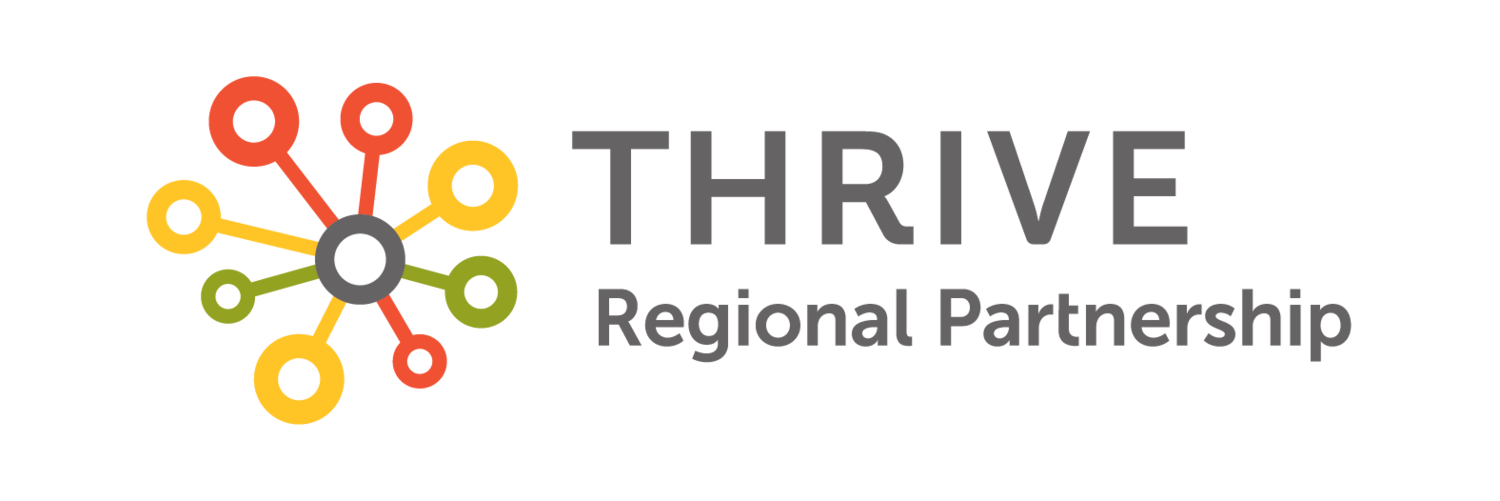As we work to eliminate the digital divide that exists in the tri-state region, we are sharing a series of Q&A sessions with community leaders about the state of digital inclusion in their communities.
This blog is part three of a series. You can read Part 1 and Part 2 here. For this interview, we sat down with Walker County, GA, Public Relations Director Joe Legge to see where this thriving North Georgia county is on the road to digital equality.
Q: How could your work benefit from being in a community where there was no digital divide?
A: We are a geographically large county. Sharing real-time information with the public is a challenge because of the rural nature of some areas. As we are able to chip away at the digital divide, we will be able to provide the public with more real-time information about items that impact them directly.
Q: What are the next steps that need to be taken to address the digital divide in your community?
A: Broadband needs to be positioned as a necessity and not a luxury. Like electricity and water, this is a utility that every member of the community should have affordable access to base-level services.
Q: What is your community’s greatest digital need?
A: Digital literacy. While access remains an issue, we also need to invest in helping the community take advantage of all of the valuable resources available to them online. At the same time, we need to inform them on ways to protect themselves from scammers who have moved online.
Q: What would having total digital equality mean for your community? What opportunities would this present to its residents and industries? How could this impact its economy?
A: It would open large sections of land in rural areas to development. It would connect citizens in rural areas with services. It would eliminate barriers to access educational resources for students. It would spur new housing construction. It would eliminate the need for some citizens to drive to offices to conduct business.
Q: The pandemic has really highlighted the extreme digital inequality issues we have in our communities. What are some of the most pressing digital issues that need to be addressed coming out of this pandemic?
A: Along with issues previously mentioned, there seems to be a need for community “hot spots.” If we cannot get everyone connected with devices, maybe we can offer more community locations that are equipped with access to the digital resources needed for work or school. Our libraries do a great job of this presently.
Q: What does a community without a digital divide look like in your eyes?
A: For our community, it would create the opportunity to spread talent and economic benefits to all communities.
You can find additional digital inclusion information and resources by visiting the National Digital Inclusion Alliance (NDIA).
We invite you to join us as we work to address the digital divide in counties and communities across the greater Chattanooga region, like Walker County.

